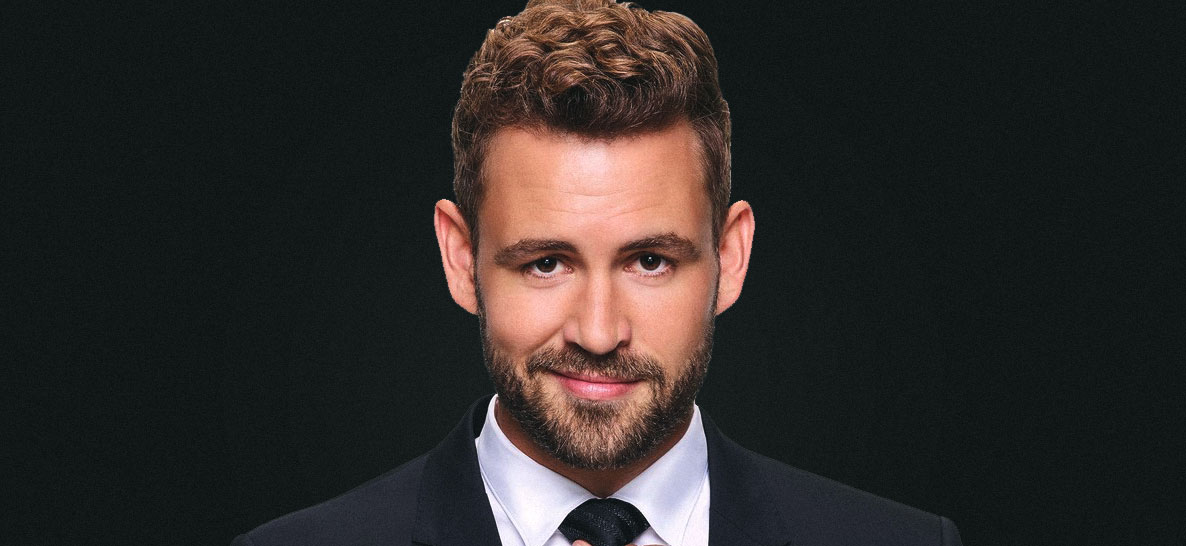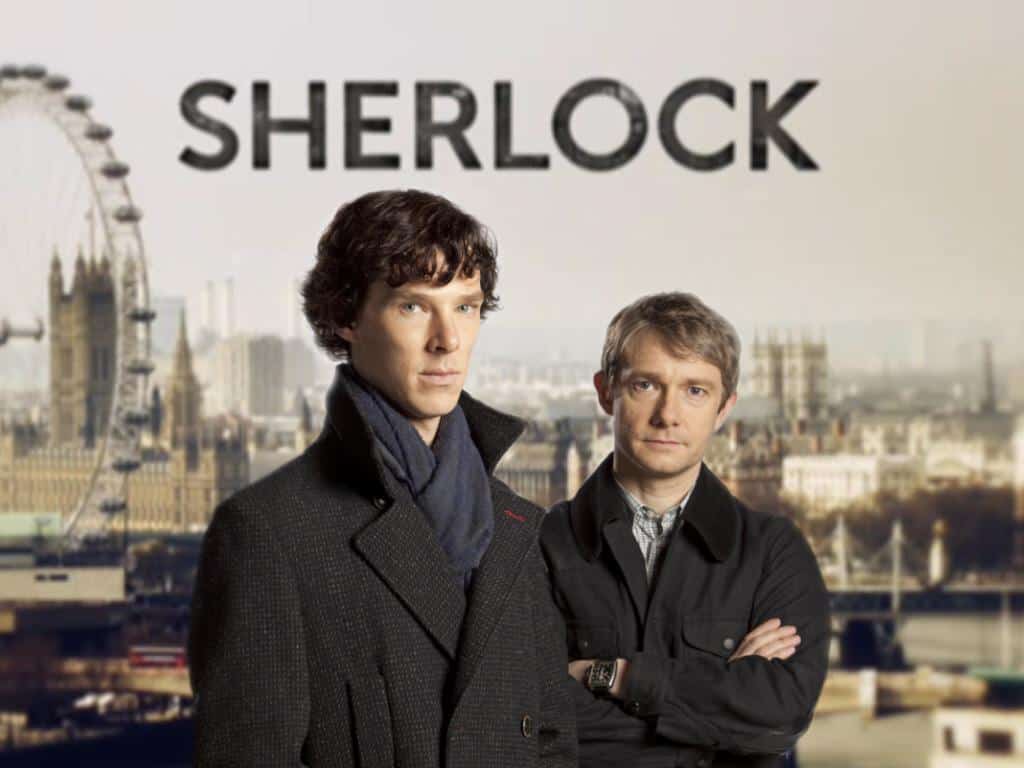
Nick Viall just wants to find love. Or at least that’s what The Bachelor producers want us to think. Last week, the 36-year-old technology salesman—micro-edited by producers into a broken-hearted, recovering bad boy who just wants his shot at true, lasting romance—stood outside a Hollywood mansion awaiting what could be either his future wife or his third televised heartbreak.
And people watched. Almost seven million people, to be exact.
Yesterday kicked off week two of the show’s 21st season, garnering some of its highest viewership in recent years (perhaps in part because producers worked so hard to position Viall for their version of success). Since its inception in 2002, The Bachelor has evolved into a franchise made up of spin-offs The Bachelorette and Bachelor in Paradise, both of which have served as backdrops for Viall’s quest for love.
Interestingly, though, the show’s ratings and viewership haven’t much grown with the expansion of the franchise. Is The Bachelor, which exploded in 2002 as one of primetime TV’s most coveted advertising slots, past its prime? Can Nick Viall and his cabinet of gown-clad women make “Bachelor Nation” great again, or has the show been outwitted by its target audience?
Answers to these questions are debatable. But the real problems with the franchise are much deeper than ratings. For a generation hungry for authenticity, depth and honesty, The Bachelor does more damage than good.
Perhaps the time has come for the franchise to close its doors once and for all. Here are a few reasons why:
‘The Bachelor’ creates unrealistic expectations.
Let’s start with the most obvious part: as much as some of us want to believe the magical skydiving dates and intimate poolside conversations on The Bachelor aren’t fabricated by producers, the majority of them probably are. In fact, there are a number of internet exposés by former contestants or “inside sources” who claim the majority of the content is staged or rearranged to the point of altering entire storylines. Like clickbait on the internet is produced for—well, clicks—the content of reality shows like The Bachelor is micro-engineered for maximum viewership and ratings. (That’s not to say some of the relationships aren’t real. I’m sure they are. I see you, Sean Lowe).
Much like romantic comedies or romance novels, this cut, copy and paste picture of “love” has potential to create unhealthy expectations among viewers, inviting them (marital status notwithstanding) to a twisted view of what love and romance actually are, and ultimately breeding discontentment. Love isn’t all limousines and roses: it’s hard work, and more often than not, it’s a choice.
‘The Bachelor’ plays God.
You don’t have to have a conservative, I Kissed Dating Goodbye approach to relationships to grasp that the very nature of shows like The Bachelor is harmful. With Hollywood at the helm, there is pressure from all angles for contestants (many of whom are under the influence of copious amounts of alcohol at any given time) to “perform,” saying and doing things they wouldn’t normally do off-camera in their private lives.
This, of course, leads a slippery slope of premature emotional and physical intimacy, which likely leaves contestants feeling bound in a relationship that really has no real foundation. The show’s micro-managed approach to “romance” has historically set couples up for failure—out of 20 seasons of The Bachelor and 14 seasons of The Bachelorette, only six successful relationships remain.
‘The Bachelor’ shamelessly exploits its contestants.
If you think about it, the premise of The Bachelor is little bit off-putting, like a romantic version of The Hunger Games (minus the crossbows). Think about it: A group of ratings-hungry producers exploits men and women by encouraging them to prey on one another’s minds and bodies, all for the sake of a nation’s entertainment.
Contestants obviously appear on the show willingly, but they render themselves pretty much helpless in the hands of producers, to whom they contractually give authority to edit them however they please. In addition to complying to being video-taped by hidden cameras 24/7, applicants for the show must agree to being portrayed in “embarrassing, unfavorable, humiliating, derogatory, or false light.” (Here’s an excerpt from the show’s terms of eligibility, if you’re curious.)
‘The Bachelor’ commodifies relationships.
The Bachelor is kind of like an assembly line, but with sequins. Each season, the bachelor begins his quest for love with few dozen women to choose from, most of whom all fit into the same aesthetic of beauty, and by the end of the show, he is left with a pair from which to select the lucky woman who could be his lifelong partner. In the early stages, when he has literally no connection to any of the women besides their appearance and a short conversation, the bachelor is forced to eliminate several contestants, likely on the basis of looks and the suggestions of his producers. And as the show progresses, the assembly line continues.
He’s presented with a “menu” of women on group and individual dates, and he gets to choose who goes on and who goes home.
There’s nothing wrong with celebrating someone’s beauty, but The Bachelor leaves little space for the bachelor to genuinely connect with women. It reduces him to a consumer and his bachelorettes to a commodity, which blatantly breaches our call to love others as Christ loves the church.
‘The Bachelor’ encourages misogyny.
Perhaps there was a once a time when The Bachelor aspired to be a noble love story narrative. Once, the bachelor was a real prince; another time, he was an heir to a tire business fortune. Now, as harnessing viewers becomes more and more difficult, the show has markedly ramped up the lewd content, giving us the impression that a good match is based on sexual chemistry and nothing more.
It goes without saying that The Bachelor producers know how to create the perfect climate for sleaze. But when does a little bit of PG flirting cross the line into straight-up misogyny? Televising the sexual objectification of women doesn’t just do harm to the couples involved—it gives men in real life the permission to reduce the women around them to bodies to consume.
If we want to take seriously what God says about pursuing things that are “true, honorable, right, pure, lovely, and admirable,” then it might be time for our old friend Chris Harrison to lock up the fantasy suite for good. Nick Viall, we wish you all the best on your televised love quest, but if it doesn’t work out, just know this: There’s more and better waiting for you off-camera, outside the walls of the bachelor mansion.






















